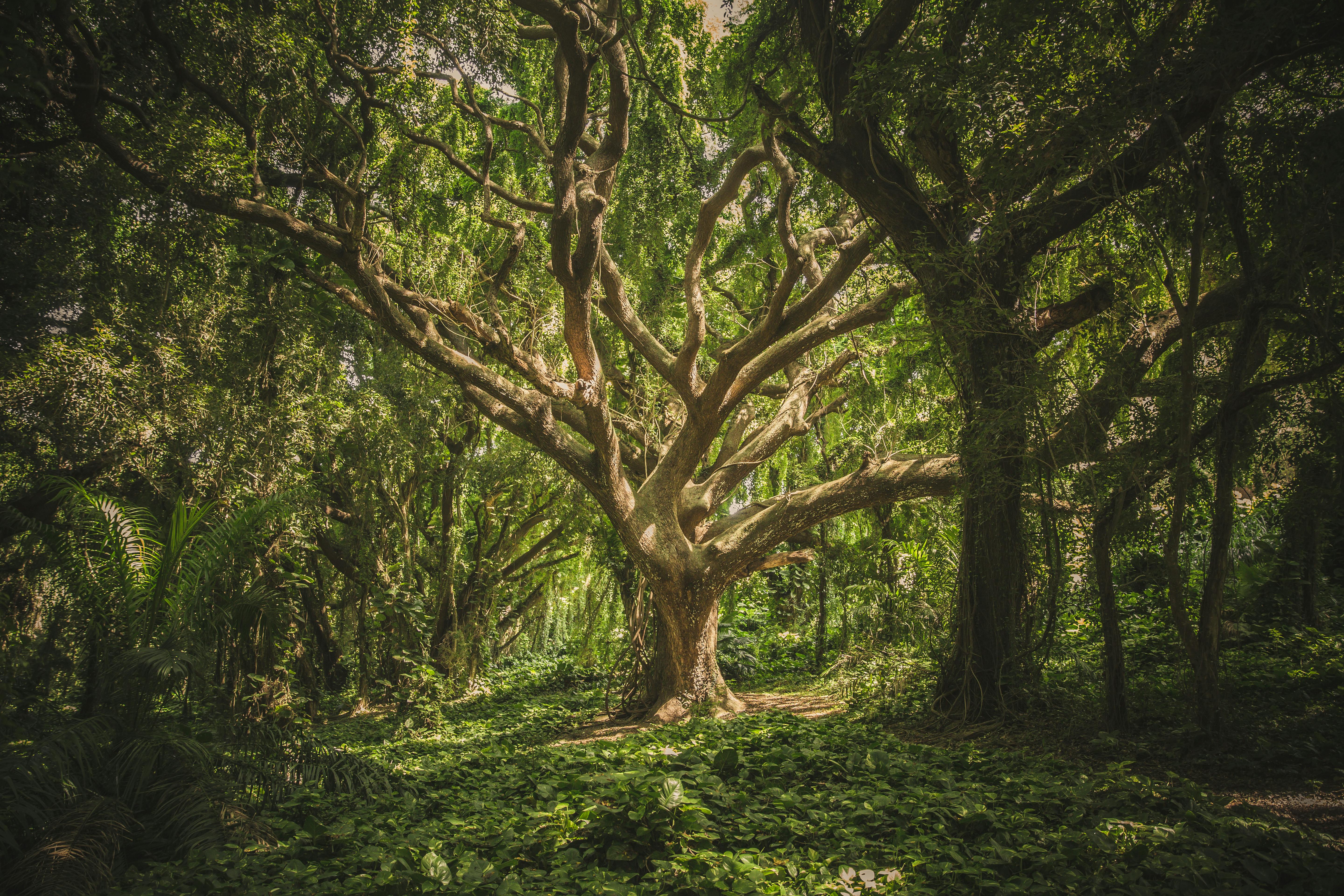"Decoding the Potential Health Benefits of Forest Bathing"
Introduction Ever wondered how a simple walk in the woods could boost your overall health and wellness? The practice known as "forest bathing" might just hold the answers. Let's delve into this fascinating wellness trend, backed by scientific research and gaining global recognition for its potential health benefits.

Unveiling the Origins of Forest Bathing
The idea of forest bathing, or Shinrin-yoku, originates from Japan and dates back to the 1980s. It is a form of nature therapy that encourages individuals to spend time in a forest environment, absorbing its essence through all senses. Over the years, this practice has garnered attention from the scientific community, resulting in numerous studies exploring its potential benefits on human health.
How Forest Bathing Aligns with Current Health Trends
Amid the hustle and bustle of modern life, more people are seeking ways to reconnect with nature and unwind. Forest bathing fits perfectly into this trend, offering a holistic approach to well-being that extends beyond physical health. Current research suggests that this practice could help to alleviate stress, boost mood, and even improve immunity – all of which are central to today’s health-conscious society.
The Science Behind Forest Bathing
While it may seem simple, the science behind forest bathing is quite complex. It’s believed that the beneficial effects stem from inhaling phytoncides, organic compounds released by trees. These compounds have been found to enhance immune function and reduce stress hormones. However, more research is needed to fully understand the underlying mechanisms and potential long-term benefits of this practice.
Benefits and Challenges of Forest Bathing
Forest bathing offers a multitude of potential benefits, from improved mental well-being to cardiovascular health. However, the practice is not without challenges. Accessibility to natural environments can be a significant barrier for urban dwellers, and the effects of seasonal changes on the practice are yet to be fully understood.
Fascinating Facts about Forest Bathing
- The term “Shinrin-yoku” translates to “taking in the forest atmosphere” or “forest bathing.”
- Studies have shown forest bathing can lower heart rate and blood pressure, reduce stress hormone production, boost the immune system, and improve overall feelings of well-being.
- You don’t necessarily need a forest to reap the benefits. Any natural environment with trees can serve as a location for forest bathing.
Closing Thoughts
Forest bathing is an intriguing wellness practice that taps into the healing power of nature. While more research is needed to validate its long-term benefits, current evidence suggests it could be a useful tool in promoting holistic health. Whether you’re seeking a stress-relieving activity or a new way to connect with the natural world, forest bathing offers a unique opportunity to enhance your well-being.




